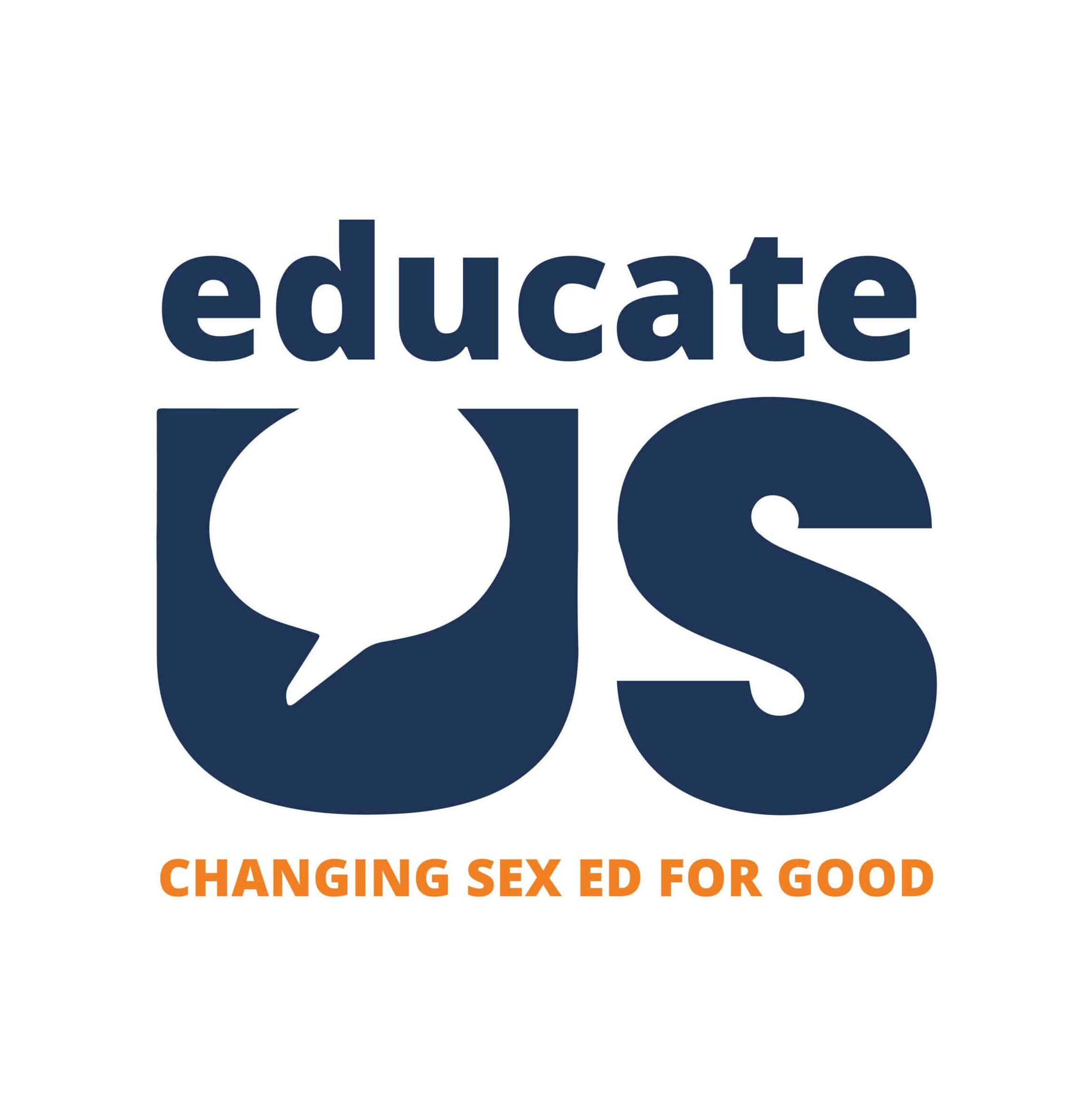A new bill in Florida that bans schools from talking about gender identity and sexual orientation was just signed into law. This law will force students, teachers and other school staff to put themselves — and their curricula — in a closet and lock the door.
The “Don’t Say Gay” law limits school staff, including teachers, from talking about gender identity and sexual orientation. It also limits teachers from using books and other materials that talk about gender identity and sexual orientation in the classroom.
The law doesn’t specifically say that teachers have to get rid of discussions about queerness: it says that schools can’t discuss gender identity and sexual orientation, and that if they do, parents can sue. But the only reason the law doesn’t target LGBTQIA+ identities by name is because that would be discrimination — which, of course, is illegal. It’s hard to imagine this law will be used to force schools to stop talking about heterosexual couples and cisgender people. Parents are unlikely to be able to successfully sue to force schools to ban books that include straight couples. Or to get rid of all materials that mention men or women. Or to silence heterosexual teachers in talking about their spouses. Or to prevent a student from talking about their loving family with Mom and Dad. (Though, we’d sure like to see them try.)
Education cannot exist without, at the very least, acknowledging gender identity and sexual orientation. We know that when we pick up any book – like The Great Gatsby or the Odyssey or something else, part of the story is going to be about a romantic or sexual relationship. Whether a character is straight, gay, bisexual, pansexual, or something else, their sexual orientation is going to affect the plot and the themes in the book. Wouldn’t The Catcher in the Rye be different if Holden were a girl? Yes, clearly! Books – like history, like art, like social studies – cannot be understood without understanding the world someone lives in. Wouldn’t the course of history be different if we’d had a woman for president? Probably, yeah. Since a person’s world is always affected by their gender identity and sexual orientation, education —like life! — cannot be separated from those identities.
Which is to say nothing of sexual education. Without discussions about gender identity and sexual orientation, it’s inaccurate, incomplete, and harmful. It leaves students who are having sex with same-sex partners without the information they need to do so safely. It fosters shame in queer students, making them more likely to have risky sexual encounters. It enables homophobic and transphobic harassment in schools and out. It makes it more likely that queer youth grow up into queer adults who don’t seek the medical care they need when they need it. Sexual health education that isn’t inclusive makes life worse for queer students for years and years to come.
LGBTQIA+ students already tend to have a harder time fitting in at school and are more likely to be bullied. Years of anti-bullying policies worked to reduce bullying, but only for straight kids. 80% of LGBTQ adolescents in the United States are still bullied, and LGBTQ youth who are bullied are far more likely to become depressed and attempt or commit suicide compared to LGBTQ youth who aren’t bullied.
Now that the “Don’t Say Gay” bill has become law, Floridians will be forced to say goodbye to important supports for LGBTQIA+ youth. LGBTQIA+ youth who learn about different gender identity and sexual orientation, go to school with clubs like gay-straight-alliances, learn about LGBTQIA+ people in history, and have supportive schoolteachers and counselors they can turn to to discuss their identities do better. They are bullied less, and if they are bullied, they’re less likely to become depressed and withdrawn, hurt themselves, and attempt or commit suicide. Knowing what we know about schools and the impact that schools have on students’ self-esteem and wellness, none of this is surprising.
Laws like “Don’t Say Gay” are a threat to all the progress that have benefitted LGBTQIA+ and straight people. They are an attempt to create a world of fear, shame, and silence. We must continue to advocate for more representation of queer and gender diverse characters and highlight the stories and accomplishments of real queer and trans people who have always existed and will always exist. We must support students and school administration in safely sharing their whole identities anywhere they’d like — and especially in schools.
You can read the full law here. Similar legislation has been introduced in other states, including Georgia. Reach out to your senators today and urge them to oppose these bills, and instead, introduce bills that protect all students, teachers, and staff at schools.
Laura Hollander is a Public Health Educator in NYC. She is passionate about making sexual health education more accessible, and has research the connection between Public Health and Public Schools. Laura earned her Master in Public Health and Bachelor of Art from the University of Michigan. In her free time, Laura loves to bike, pet neighborhood dogs, and read.

